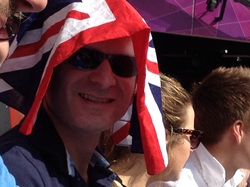
I’m British. I was born in Wales, my husband is from Northern Ireland and our children were born in England. So to avoid any debate on the dominant countries, principalities and provinces that make up the British Isles, we say we are British. It is as simple as that.
If only. When I fill in an internet-based form full of “time-saving” drop down menus, I start to doubt my nationality. For example, when asked: “What is your nationality?”, the answer should not be “United Kingdom”, it should be “British”. So I’m left scrolling up and down the page. Great Britain, Britain, United Kingdom, and sometime, irritatingly, England.
If I’m looking for my currency, it surely should be Great British Pound, as it is traditionally abbreviated to GBP, or possibly Sterling. Not British pound, or United Kingdom funny money.
And don’t get me started when I see the flag being flown upside down, or incorrectly depicted. (Yes, there is no mirror image to the Union Flag. The urban myth is that if you fly the flag upside down you are making a distress signal, but given that most Brits struggle to put it the right way up, you’ll be waiting for help for a long time.)
I would gladly give a history lesson on the complex pieces of our jigsaw realm to anyone who would listen, but believe it or not, it is hard to get an audience.
Since you’re reading this, I’m going to assume that you have agreed to be my audience, so please excuse me for pushing this relationship to the max; I’m going to get on my soap box.
Located in North-East Europe, the British Isles are a group of pretty chilly and damp islands, including Britain, Ireland, the Isle of Man, the Hebrides, the Orkney Islands, the Shetland Islands, the Scilly Isles, and the Channel Islands. But it’s a perilous decision for the brave soul who describes us as European. As we are part of the European Union, in one sense we are European, but we don’t share the common currency, or the common uniting force of being part of the mainland. That said, it has been a winding road to our current political relationship with our brothers over the channel. We are only divided by a 24 mile stretch of water, but the British like to have this internal battle – we can’t make our own minds up over whether we are European or not. We want to feel part of any great European debates, especially when decisions affect us (such as whether our bananas are allowed to be curvy, or whether we have enough cocoa in our great British chocolate).
Particularly, we still carry a torch for our colonial past. We might have started the Industrial Revolution, but we will be first to admit that since decolonisation we no longer have the resources or money to push the same trajectory, and our systems are crumbling and antiquated. History is an important part of our identity and pivotal to the UK’s current industrial success – if it wasn’t for history we wouldn’t have a flourishing tourist trade. There has to be a greater pull than the weather, after all.
Following the Second World War, Britain helped broker the deal that tied Germany industry to France through the European Coal and Steel Community. This was an effort to stem any future aggressive German nationalism. This industrial relationship was the seed that grew into today’s European Union. We watched from afar, and then decided, as the relationship appear to be more beneficial than our other trading links, that we should join in the fun. Only to be told by de Gaulle on more than one occasion: “Non”. When we were finally allowed membership it appears we still felt uncomfortable about a relationship based on partnership. We were used to calling the shots. We wanted to be part of this growing decision-making power, but we didn’t like sharing the decision-making or relinquishing any degree of control.
We’re British. Part of our stereotype is our quirky sense of humour, and our contradictions. It’s a by-product of the class system that still exists today. We might politically have done away with the idea of class, but in truth it’s evident every day, from the North-South divide, to the landed gentry, House of Lords and Monarchy. So if we are confused about our identity, and full of contradictions, can’t others be forgiven for not understanding who we are?
Even I get confused when I try to get my head around how my husband is Irish, not Irish; is British but not from Great Britain. I can’t exactly describe him as United Kingdomish, can I?!
For a brief over-view of the geographical complexity that confuses even its own people, it’s worth watching this amusing video. At least the Union Flag is the right way up.
http://www.youtube.com/watch?v=rNu8XDBSn10

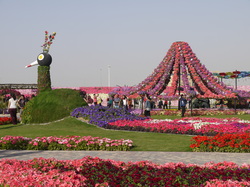
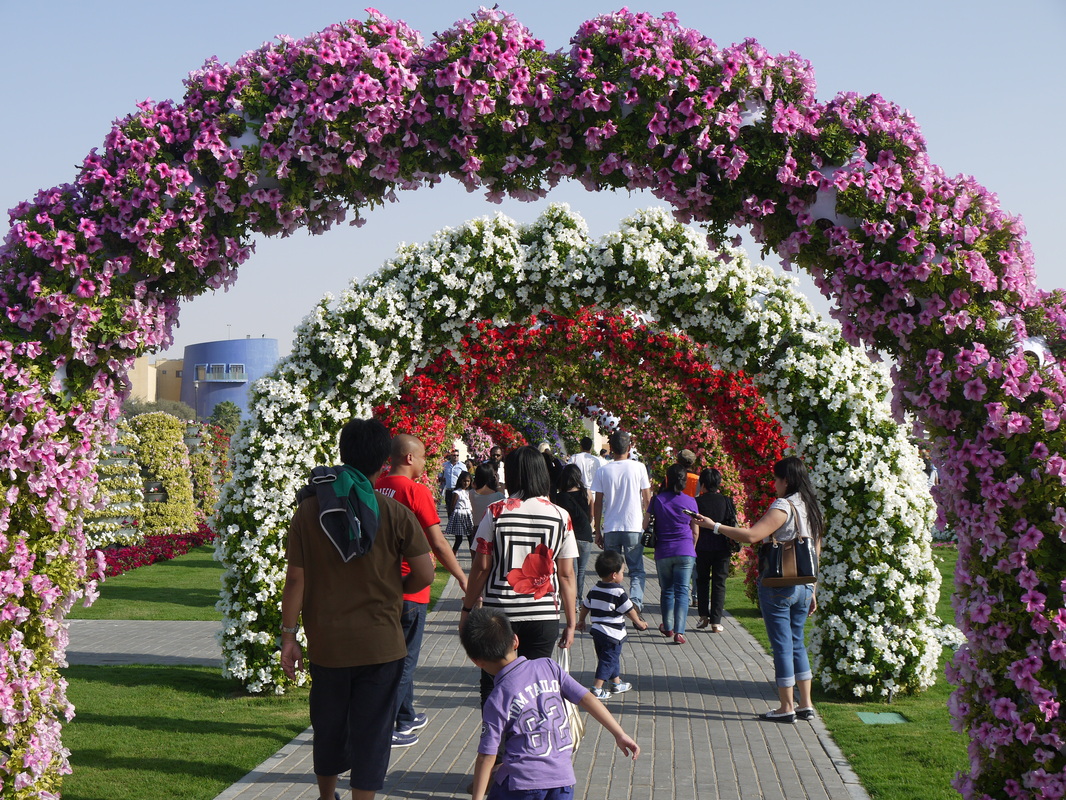
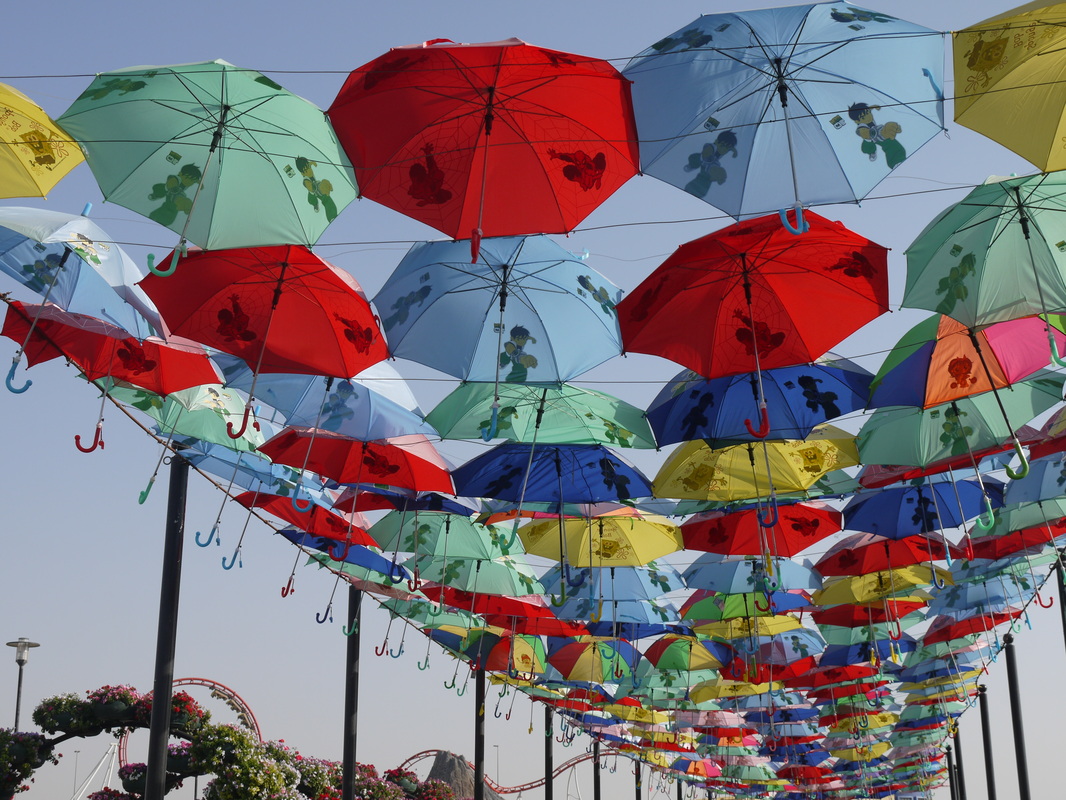

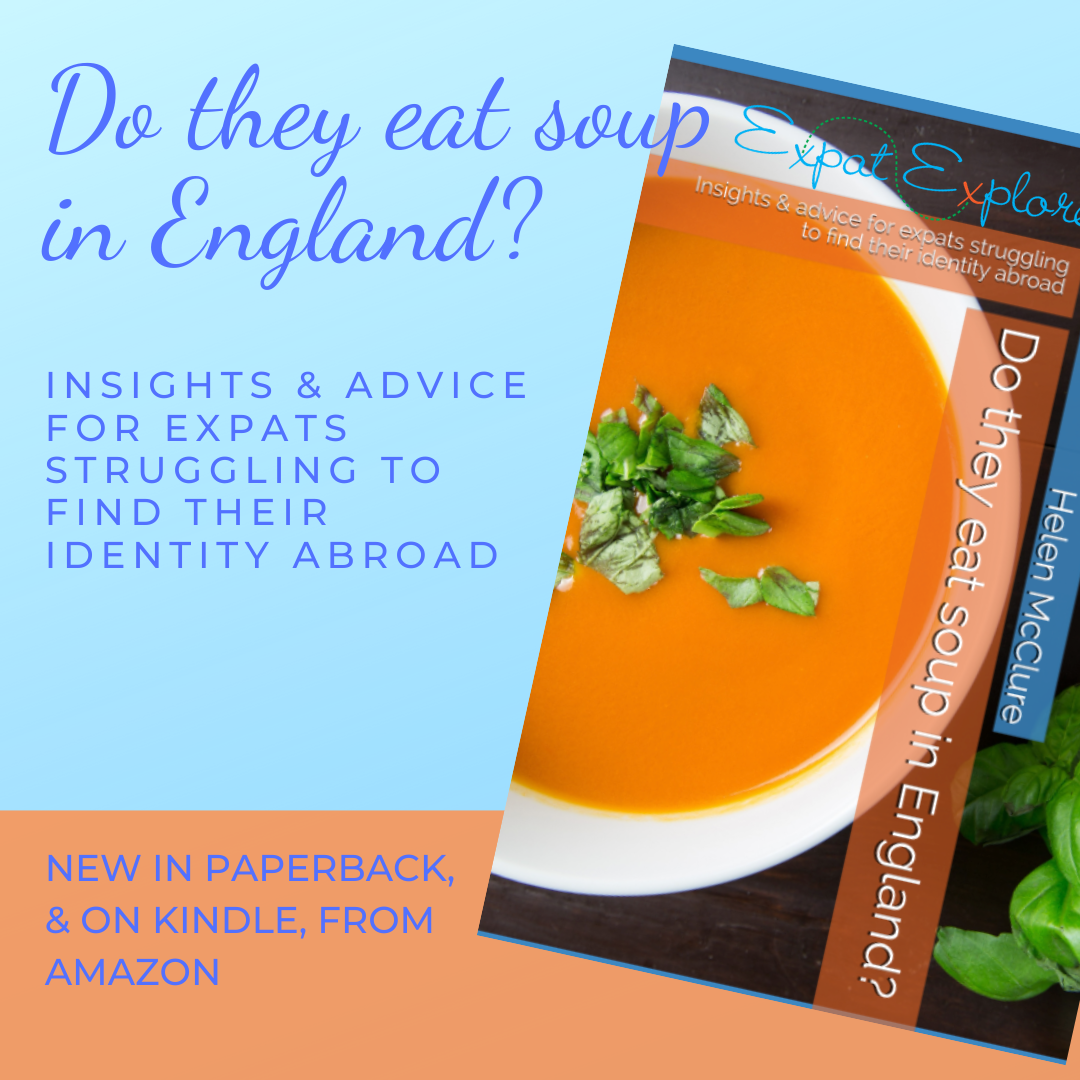

 RSS Feed
RSS Feed
